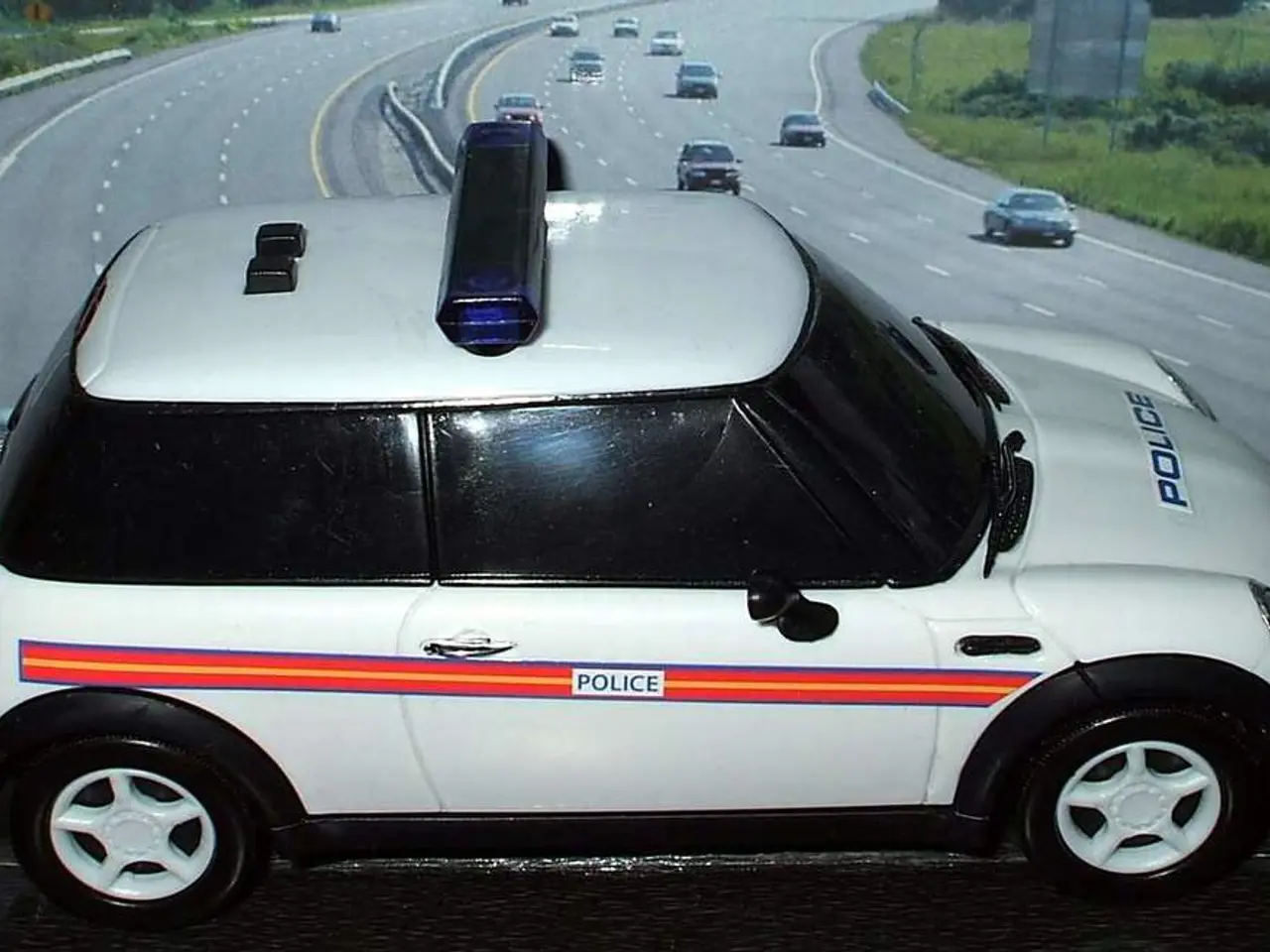Federal intervention in Chicago and Baltimore ordered by Trump, despite local opposition being vocal against it.
In a surprising turn of events, U.S. President Donald Trump has expressed his readiness to order federal authorities to combat crime in Chicago and Baltimore. This announcement comes after the state of Illinois received its first contact about potential federal intervention from the head of the Border Patrol's El Centro, California, sector on Saturday.
Trump's proposal has been met with resistance from local officials in both cities. Illinois Governor JB Pritzker, a potential 2028 Democratic presidential contender, has opposed the idea of sending military troops and federal agents into Chicago. Similarly, Baltimore Mayor Brandon Scott has accused the president of using racist rhetoric and targeting Black-led cities, like Baltimore and Chicago.
The governor of Illinois, Pritzker, has repeatedly stated that he will not be requesting troops, contradicting Trump's statement that he'd love to have Pritzker call and ask for troops. In Baltimore, local officials have also voiced their opposition to federal law enforcement intervention.
Despite the opposition, Trump has already taken action in other cities. He has sent National Guard troops into Los Angeles and Washington, D.C., and federalized the police force in Washington. Trump's comments about Baltimore being included in his obligation to protect the country follow local officials in that city opposing federal law enforcement intervention.
The cities of Chicago and Baltimore have been experiencing a decrease in violent crime. Chicago reported 573 homicides in 2024, the most of any U.S. city that year, but shootings and homicides have since dropped significantly overall in the first half of 2025 compared to the same time last year, with a decrease of more than 30%. Baltimore homicides have reached historic lows amid sustained declines, including the lowest number of homicides on record for the month of August.
However, an organized activist network in Chicago has begun circulating protest schedules in anticipation of troops or federal agents arriving. Local officials in Baltimore, along with Democratic Maryland Gov. Wes Moore, have joined in opposition to federal law enforcement intervention.
In a bid to address the root causes of crime, dozens of pastors wrote a letter to Trump on Tuesday, urging a focus on underfunded schools and unemployment instead of immigration enforcement. Despite this, Trump has criticized Illinois Gov. Pritzker and Chicago Mayor Brandon Johnson for their opposition to federal intervention in Chicago.
Trump has also claimed that his efforts in Washington have ensured it "is now a safe zone. We have no crime." However, there are no search results providing information about Baltimore government officials opposing a federal intervention by President Trump in 2025. In Chicago, Illinois Attorney General Kwame Raoul has stated that the city and state will sue once the federal intervention begins.
As the situation unfolds, both cities are bracing for an expanded federal presence. Schools and activists in Chicago are preparing for the deluge of national attention that may come with the potential arrival of troops or federal agents. The future of federal intervention in Chicago and Baltimore remains uncertain, with both supporters and opponents voicing their opinions.
Read also:
- Tobacco industry's suggested changes on a legislative modification are disregarded by health journalists
- Trump's Policies: Tariffs, AI, Surveillance, and Possible Martial Law
- Uncovering Political Ad Transparency: A Guide to Investigating opponent's Political Advertisements in the Digital Realm
- Elon Musk praises JD Vance's debate performance against Tim Walz








